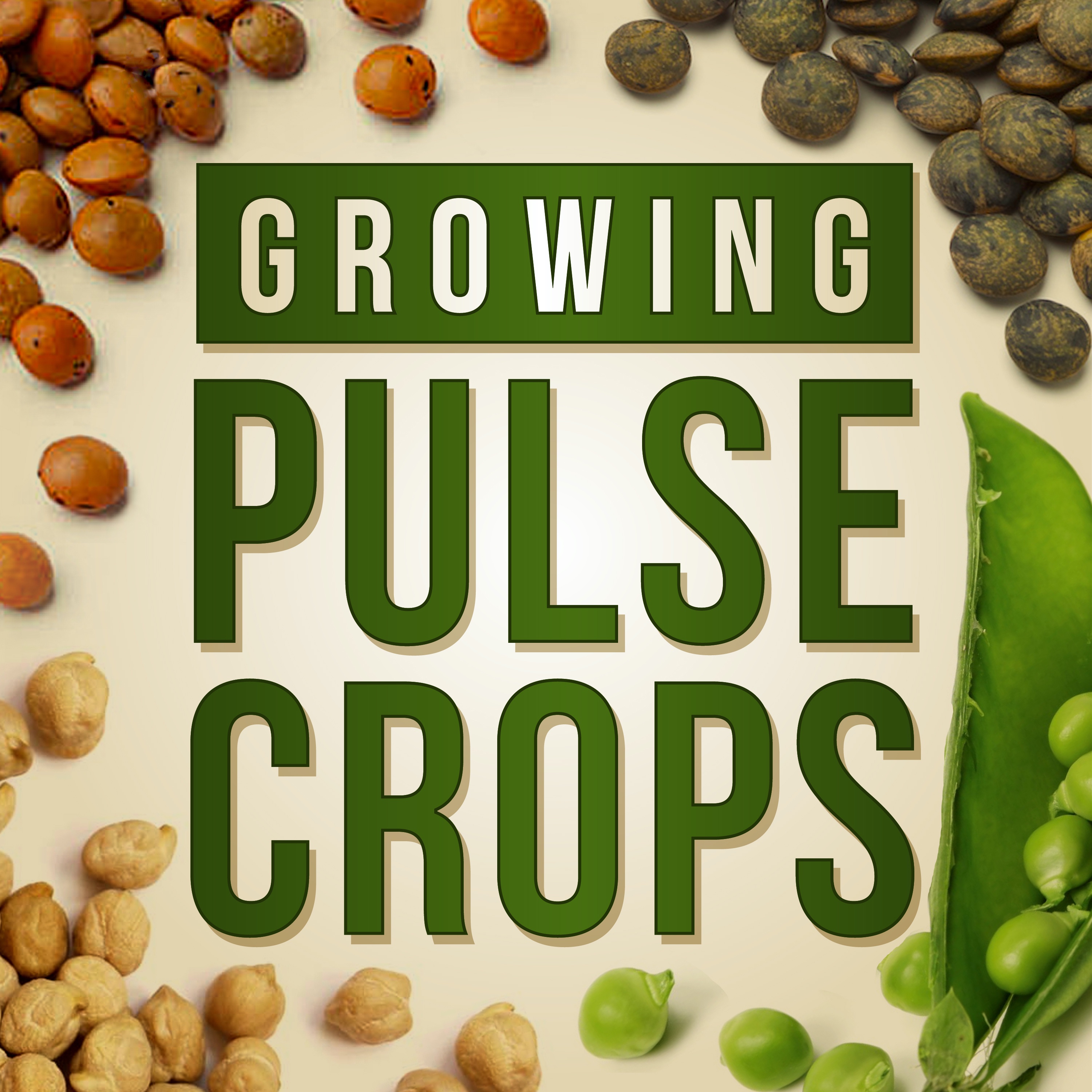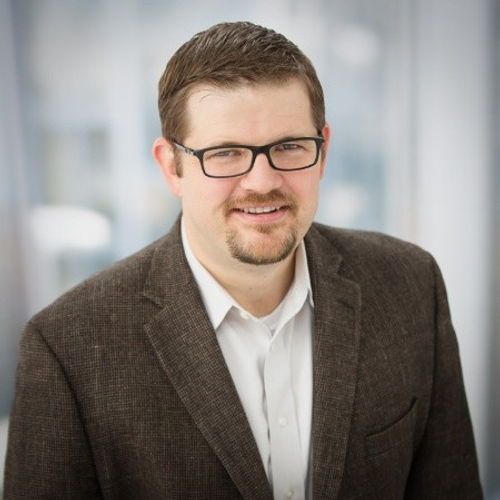Intercroppping and Organic Variety Development with Steve Zwinger
Steve Zwinger joins the show to talk about variety development, intercropping, and organic pulse production. Steve is a research specialist in agronomy at NDSU Carrington Research Extension Center. One of his primary responsibilities is research into organic production, and pulse crops are an important part of these rotations. Steve has been involved in this type of research since the 1990s, and works with a number of crops, including small grains, pulses, and some work in ancient grains as well. You’re going to hear about what he’s discovering in his intercropping research, the benefits he sees in organic variety development for both organic and conventional growers, and the importance of seeding rates.
For those that might be new to intercropping, we’ve done some episodes on the topic in episode three of this season as well as last season episode six and an intercropping panel bonus episode. Steve says research has shown other benefits as well, such as disease suppression in a chickpea/flax intercrop. Disease resilience could be a reason to do further research into intercropping, but it also guides Steve’s work in breeding organic varieties in general.
“So basically intercropping is really looked at as a practice of growing two or more crops together in the field at the same time. And basically what we're doing is we're looking for combinations of plants that will compliment each other better than when they're planted alone. This can lead to increased yield and increased quality…. I thought it seemed to make sense from a number of standpoints, maybe it might have a fit in organic. And that's why I started looking at some of that.” - Steve Zwinger
He sees benefits of organic variety development not just for certified organic producers, but for conventional farmers as well. This concept of developing varieties in an organic system is an interesting one. As we think about trying to develop more resilient varieties that can prevail in less than ideal conditions, there’s a real argument to be made that more varieties should be developed this way. Overall one theme that definitely runs through a lot of Steve's work is this idea of building resilience, building it into varieties, but also just building it into agricultural systems.
“The variety choice is the easiest decision that can be made that's going to have the biggest impact for the farmer. So variety development is really important and I can't stress it enough. Where we really, really need to go for the future is developing varieties specifically for organic agriculture…Having those types of genetics is very important for all agriculture, of course, but particularly when your tools are limited by the amount of inputs that you can use.” - Steve Zwinger
This Week on Growing Pulse Crops:
- Meet Steve Zwinger, a research specialist in agronomy at NDSU Carrington Research Extension Center.
- Explore the value of intercropping and the research Steve is involved in to determine this methods potential in organic farming
- Discover the benefits of intercropping with peas and the research being done on adjusting seeding rates
Growing Pulse Crops Podcast is hosted by Tim Hammerich of the Future of Agriculture Podcast.

